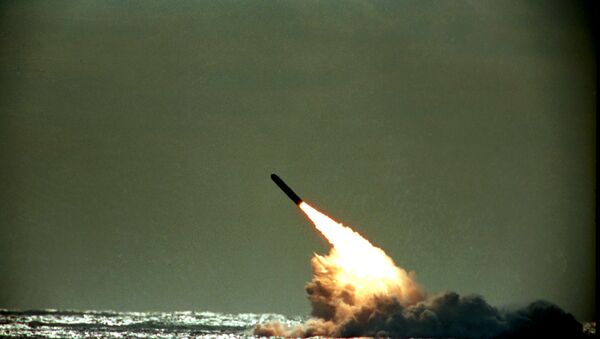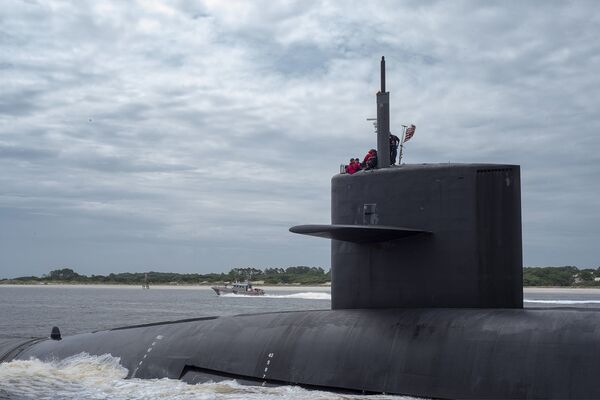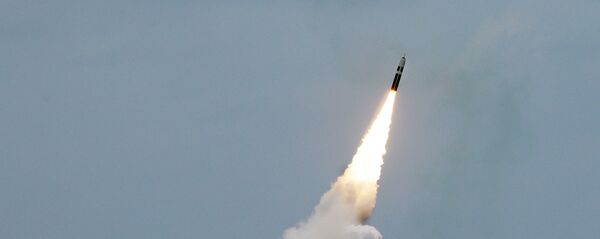US Navy installed new W76-2 low-yield nuclear warheads on Trident ballistic missiles carried by Ohio-class USS Tennessee submarines, according to the Federation of American Scientists. According to estimates, only two of the submarine's 20 Tridents have been equipped with W76-2 five kiloton warheads.
The total amount of warheads remains unclear, since a single Trident missile can carry between one and eight warheads. The remaining Tridents are reportedly fitted with 90-kiloton W76-1 or the 455-kiloton W88.
The low-yield warheads are easily capable of bringing massive destruction, killing hundreds of thousands, depending on the location of the drop. Officially designed under the 2018 nuclear posture drafted by the Trump administration as a response to an alleged Russian "escalate to deescalate" tactic of a non-punishable first nuclear strike. The current Russian nuclear posture rules out carrying out first nuclear strikes in a military conflict, however, unlike the American standard for warfare.
The posture claims that a low yield weapon is "not intended to enable, nor does it enable, ‘nuclear war-fighting’", but Andrew Mancini, a contributor to the Bulletin of the Atomic Scientists, disagrees, arguing instead that such weapons as the W76-2, although it can be described as "low-yield, high risk", noted that it is still "500 times more powerful" than the US "Mother of All Bombs".
The new deployment of low-yield nukes comes as the Bulletin of the Atomic Scientists has moved its Doomsday Clock, which shows how close humanity is to wiping itself out off the planet, to a position that is the closest to midnight it has come since the clock's inception. The change of its "time" comes after the US ditched a major missile treaty with Russia under a poorly-backed pretext, even as the New START nuclear treaty's future is also hanging in the balance.





